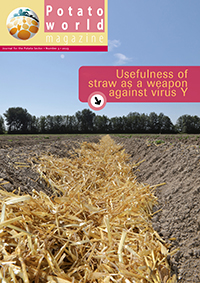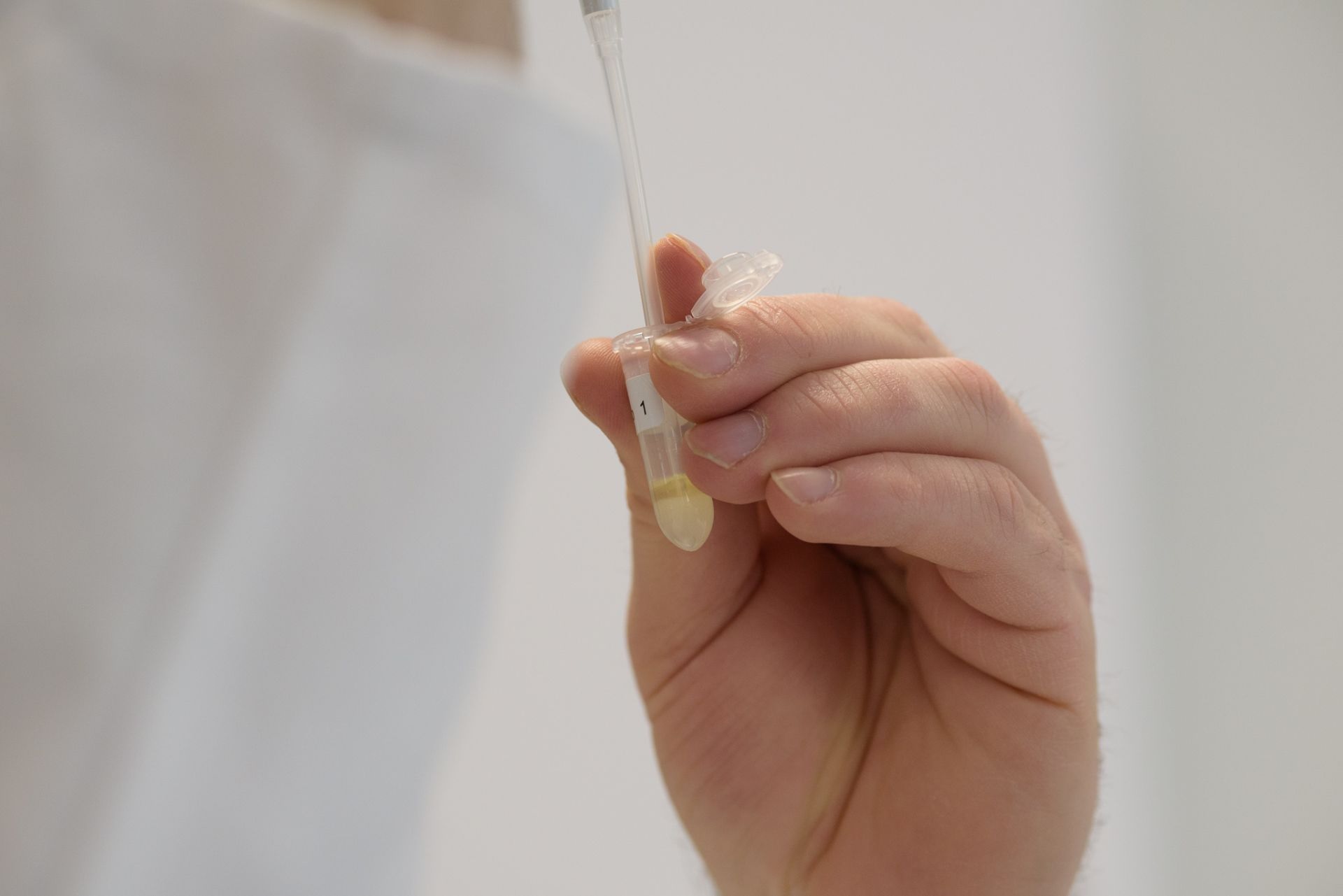Already a subscriber? Activate your premium account

Potatoworld Magazine

In their quest for factors that influence the vitality of seed potatoes, HZPC and Averis Seeds expect to solve a mystery soon.
Research project Flight to Vitality, in which HZPC has been collaborating with Averis Seeds since 2018, aims to answer the question how it is possible that seed potatoes sometimes grow much better and faster than other times. Together, these Dutch breeding companies search for factors that influence the germination capacity – and therefore the vitality – of seed potatoes. They expect that the mystery will most likely be solved at the end of this year, when the practical investigation is completed.
HZPC foresees that, with Flight to Vitality, the seed potato sector is on the eve of a breakthrough. ‘Never before we have had insight into the determining factors for the germination capacity of a potato. With this information, the vitality of batches of seed potatoes can be predicted, which is good news for growers, processors and the food supply worldwide. It leads to less waste of seed potatoes and significantly increases the chance of a successful yield’, the breeding company states. Project manager Frank van der Werff emphasizes the significance of the research project: ‘Vitality, and therefore quality of the seed potatoes, is important for HZPC. We have limited control over these factors, because up until now we are not able to predict how well seed potatoes will grow. We want to able to predict this, because it is where we could really make the difference.’
External and internal abnormalities of potatoes, such as diseases and viruses, can be detected. However, the question about the differences in quality and speed of the growth of potatoes has always remained unanswered. Flight to Vitality combines data on the origin, growth rate and homogeneity of batches of seed potatoes, with biochemical measurements that provide insight into the composition of these batches of seed potatoes. The project investigates the germination capacity of six different varieties under different conditions: on trial fields with sandy and clay soil in the Netherlands, in the South of France and in a climate cell at the location of potato storage and transshipment company ZOS in Stiens. In that cell, four different situations are simulated, differing in temperature and soil moisture. A drone equipped with advanced cameras collects as much information as possible about the size and growth rate of individual plants per trial location. In addition, HZPC Research examines the composition of the potato. Combining the information from both studies will reveal correlations. Within the research project, vitality refers to the growth rate of the seed potatoes in the first seven weeks after planting.
So far the research shows that growing conditions barely influence the difference in the vitality of batches of seed potatoes: a strong batch is strong at various locations, a weak batch is weak everywhere. In 2021, the research focuses on the differences in the composition of the seed potatoes. For example, a collection of fungi and bacteria – the microbiome – may play a role in the vitality of potatoes. Organic substances in a plant, such as sugars and acids, are also being investigated in more detail. These so-called metabolites provide energy and nutrients that help in growth and development. Each potato contains as many as 7,000 different metabolites that vary in content and proportions between varieties and batches of varieties. Flight to Vitality wants to reduce this to about 200 metabolites that most determine the growth rate.
Flight to Vitality is characterized by collaboration and combining expertise and knowledge, starting within HZPC, where ZOS and HZPC Research work closely together. University Utrecht and TU Delft also contribute to this joint research project by conducting research into the microbiome and being responsible for the statistical processing of the collected data. The practical research will completed at the end of 2021 and in 2022, TU Delft will develop the data model that can predict the germination capacity of a batch of seed potatoes on the basis of lab measurements.
Events
©2015 - 2024 Potatoworld | Webdesign and realisation COMMPRO